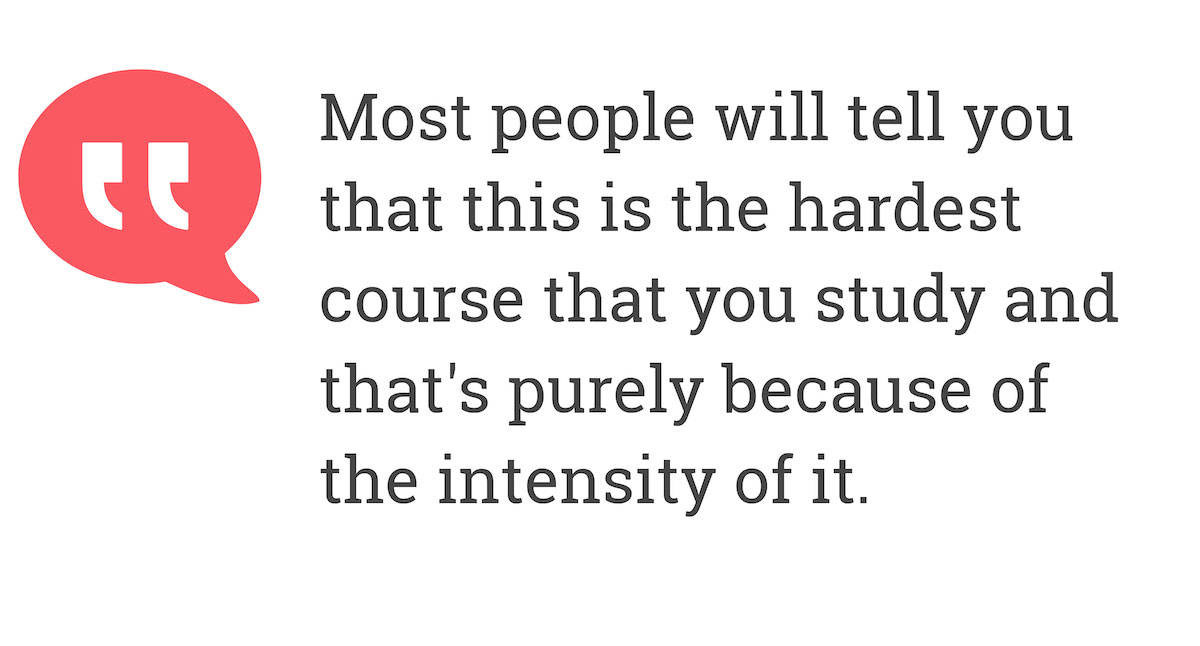Angie explains the Specialist Community Public Health Nursing Course (SCPHN), breaking down the course structure, modules and the qualifications you will receive.
Topics covered in this article
The Specialist Community Public Health Nursing Course (SCPHN)
You’ll Be Assigned A Practice Assessor
There Is An Academic Part Of The Course
The Qualifications You Will Need For The Course
The Qualifications You Will Receive
What Is A School Nurse?
Hi everyone, it's Nurse Angie again.
So today on behalf of nurses.co.uk, I just wanted to share with you guys the journey into becoming a School Nurse and talking about the course you have to do in order to specialise in this area.
Now, a lot of people have a perception that being a School Nurse is boring, it's easy, when in actual fact it can be incredibly challenging and that we are essentially public health practitioners.
We combine working in safeguarding health, mental health, wellbeing, all of that together to provide an early intervention service for school-age children up to around the age of 19, depending on your trust.
We have our own caseloads and actually we are autonomous workers, we work with autonomously in the community.
So if you have an interest in working with children and young people in a public health setting, or hopefully you're thinking about in the future, you might want to switch over from acute to community, school nursing, health visiting in the future, then this might be of interest to you.








About this contributor
Paediatric Nurse
I'm a Paediatric Nurse with 13 year's experience in a range of settings from Ward life, A&E, Sexual Health, School Health and Safeguarding Children. Currently my role is in the community as a Children's Safeguarding Nurse within a School Nursing Service working with vulnerable Children and Young people aged 5-19 years.
More by this contributorWant to get involved in the discussion?
Log In Subscribe to commentNargis Jahan
Nargis Jahan
2 years agoHi, at present I am doing general nursing and midwifery diploma course in India and I have already done MSc ... read more
Hi, at present I am doing general nursing and midwifery diploma course in India and I have already done MSc in Public Health from University of Bedfordshire in 2014. I want to know that my postgraduate qualification can help me to be public health nurse in UK if I join NHS as overseas nurse?
read less